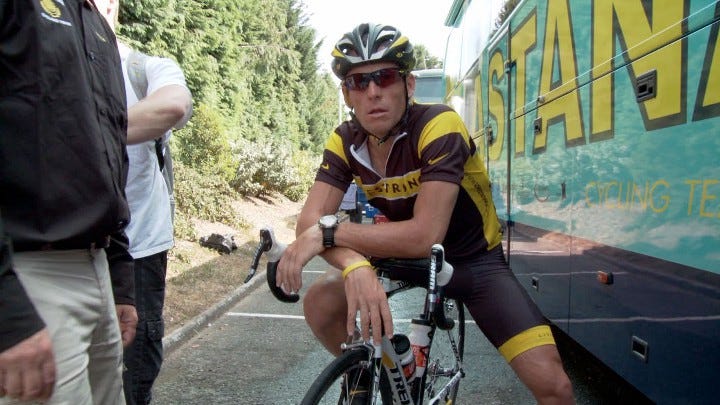‘The Armstrong Lie’ Review

In 2009, Alex Gibney followed Lance Armstrong to France to make a film about his triumphant return to professional cycling. It was an act of great naivete, an especially interesting move for a director who has already made more than one film about mendacity. How is it that the man who documented the scandal and corruption around Enron, Jack Abramoff and…
Keep reading with a 7-day free trial
Subscribe to Nonfics to keep reading this post and get 7 days of free access to the full post archives.

